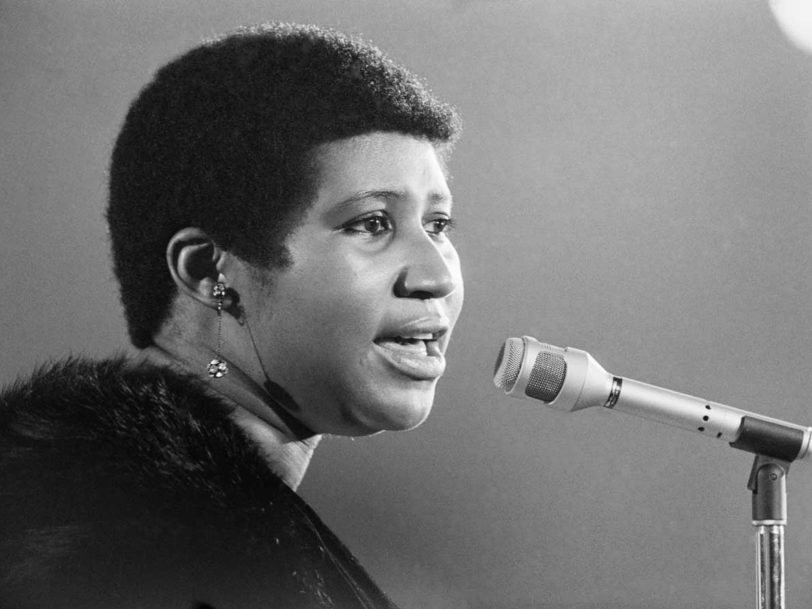Selecting the 20 best Aretha Franklin songs is no easy task. Many highlights inevitably miss out, and there isn’t enough room to cover her later years, which contain fan favourites and chart successes alike. But it’s what Franklin managed in just a 12-year space, between 1961 and 1973, that forms the crux of this list, showing just what a talent she was. Whether its ballads, gospel, R&B or down and dirty soul, Aretha takes on each song like she’d been singing it since before it was written – claiming the Queen Of Soul crown in the process.
Listen to the best of Aretha Franklin here, and check out our 20 best Aretha Franklin songs, below.
20: Are You Sure (1960)
Released when Franklin was just 18, her debut album, Aretha With The Ray Bryant Combo, may not show off her full capabilities as a vocalist but it does show how she could manage a wealth of genres, including standards (Rock-A-Bye Your Baby With A Dixie Melody) and R&B (Won’t Be Long). However, it’s Are You Sure, a number from the 1960 musical The Unsinkable Molly Brown, that best represents the formative singer’s talents. Completely reworked from the Broadway version, it sits somewhere between a gospel number (“Are you sure your prayers haven’t been answered?/… Don’t you dare/Say the good lord/Didn’t stop to hear you”) and a jazzy little dancer, with tenor sax and tambourine, and the most brilliant percussive intro. The earliest recording in our list of the best Aretha Franklin songs, it demonstrates the kind of confident characters Aretha could embody – as she would on later songs such as Think or Respect.




